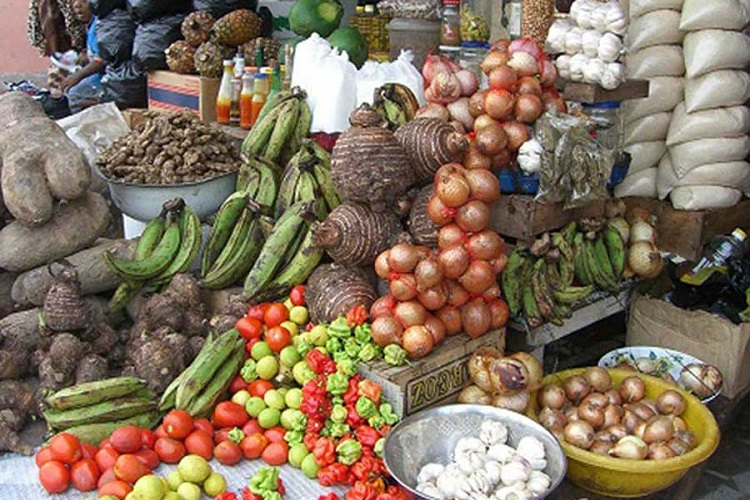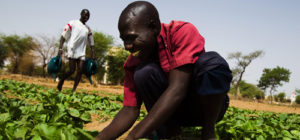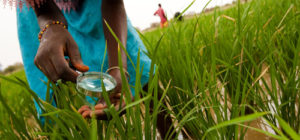The FAO, Food and Agriculture Organization of the United Nations, is fighting alongside its partner countries to reduce famine and food insecurity in the world. In Burkina Faso, which has been involved in this fight for several years now, it intervenes through the Integrated Production and Pest Management Program (GIPD), the purpose of which is to empower farmers and increase their income; anything that will help achieve the intended objective.
The collaboration between the FAO and Burkina Faso began in 1961 with the accession of the country at the time Upper Volta to the Organization. This was consolidated with the opening, in 1978, of the FAO representation on Burkinabè (Volta) soil and focused on food and nutritional security through the Integrated Production Management program. and pests (GIPD) in the rural world. The main objective of the GIPD is to improve agricultural skills and sensitize smallholder farmers to the risks and alternatives to toxic chemicals. In Burkina Faso, between 1996 and 1997, the country benefited from a pilot project of participatory training in IPMD, cultures through the Farmer Field Schools Project (CEP).
In the opinion of the FAO, the actors of the rural world are not sufficiently involved in the implementation of the projects and the search for solutions of the difficulties which punctuate their activity. This would explain the non-adequacy of the proposed solutions to the reality on the ground, the yields below the farmers’ efforts. The CEP approach being an extension system that values peasant expertise by associating the producer at all stages of the training, from the diagnosis of problems to the identification of the best solutions, aims to reconsider the peasant’s place in the decision-making sector.
Thus, since 2002, the GIPD program in Burkina Faso has been working with farmers to increase the adoption of good agronomic practices, sustainably improve crop yields and diversify agricultural production systems. One way to achieve this for the project coordinators is to reduce the use of pesticides by farmers and raise awareness of related environmental and health risks while encouraging balanced fertilization for healthier crop growth.
What contribution for Burkinabè farmers?
The program has helped farmers adapt to climate change, important in a country where cycles of drought and flooding are becoming the new normal. Through GIPD training, farmers learned new farming methods to boost yields as well as skills to improve the marketing of their products. They were encouraged to diversify the production of crops and livestock, which will benefit not only the environment but also nutrition and household income. Following the training, many producers began to explore activities such as integrated rice and fish production. This approach enabled a 26% increase in the average yields of beneficiary rice farmers. The reduction in the use of chemical insecticides was 80% on rice and 50% on vegetable crops. The program has trained a total of 27,000 farmers, 14% of whom are women, through its CEP network in the 13 regions of the country. The training mainly focused on the production of rice, vegetables, cowpeas, fruits and cotton.
The satisfactory results of the project led the government to adopt the farmer field school model as one of its tools at the national level.
Tiba Kassamse Ouédraogo (Intern)
Latribunedufaso.net




